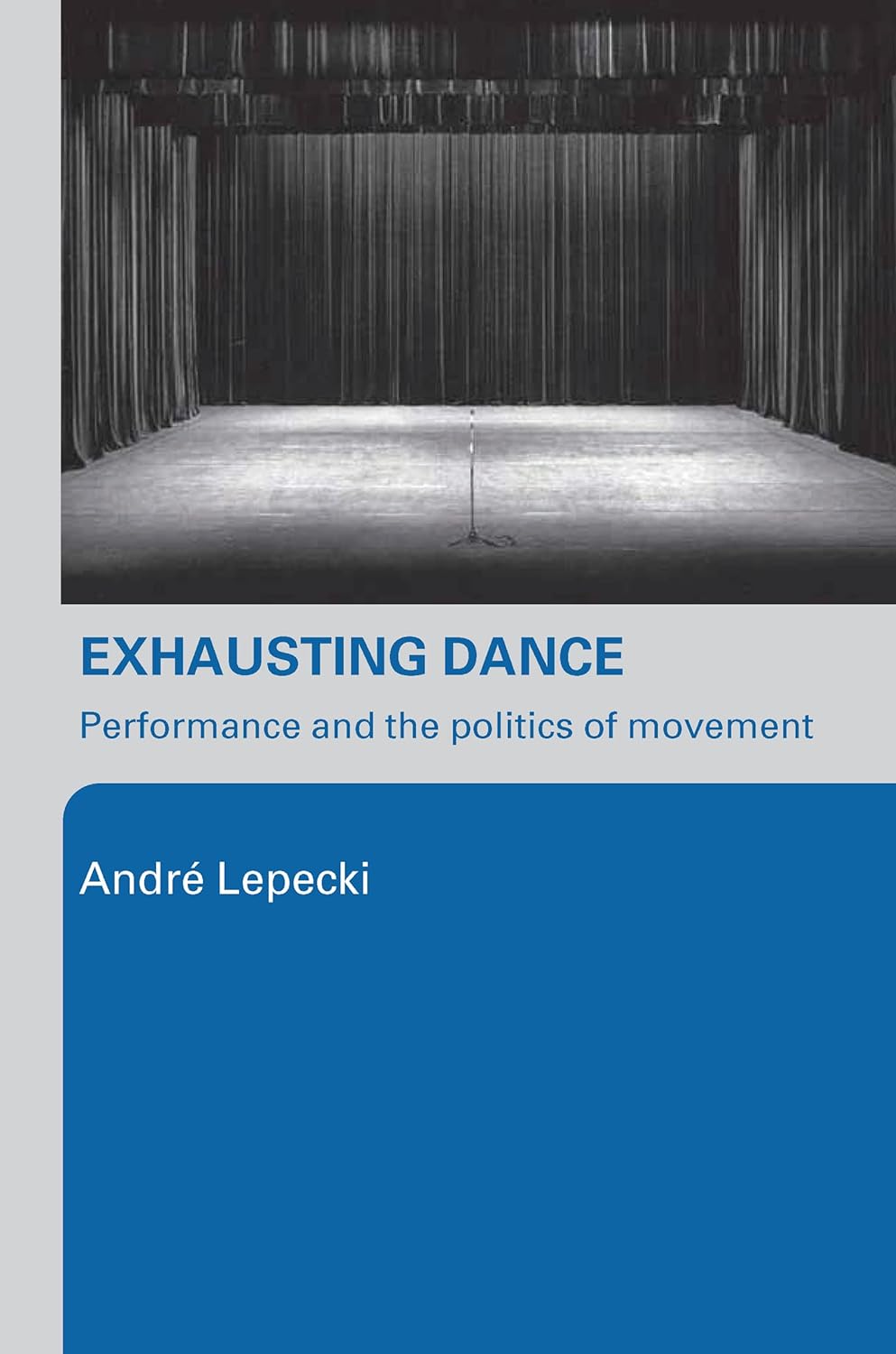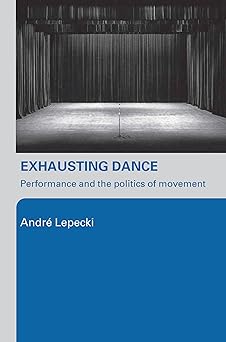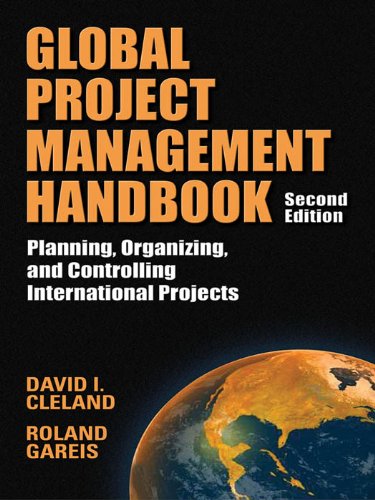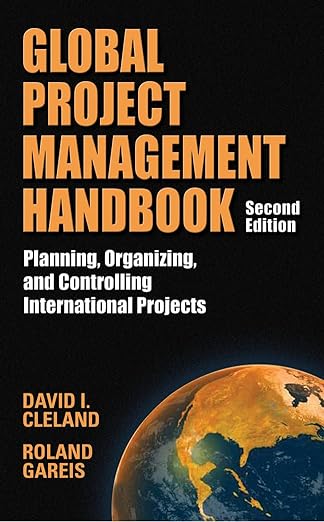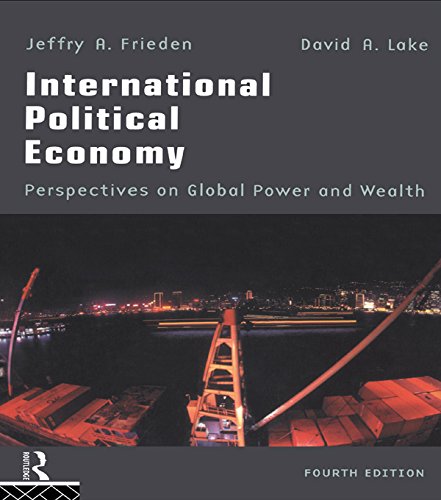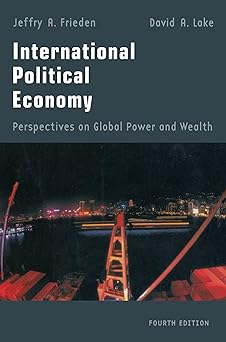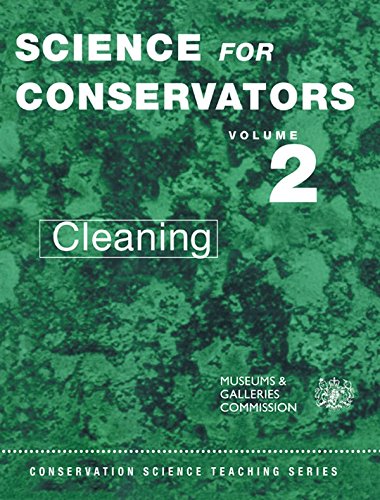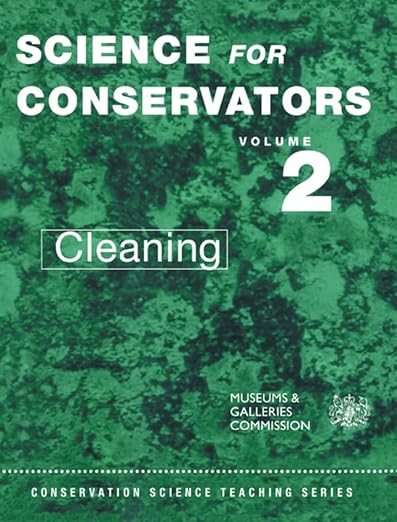
A Place for Consciousness: Probing the Deep Structure of the Natural World (Philosophy of Mind) (PDF/EPUB Version)
$18.99
Rosenberg sorts out these problems, especially those centering on the causal role of consciousness. He introduces a new paradigm called Liberal Naturalism for thinking about what causation is, about the natural world, and about how to create a detailed model to go along with the new paradigm. Arguing that experience is part of the categorical foundations of causality, he shows that within this new paradigm there is a place for something essentially like consciousness in all its traditional mysterious respects.
A striking feature of Liberal Naturalism is that its central tenets are motivated independently of the mind-body problem, by analyzing causation itself. Because of this approach, when consciousness shows up in the picture it is not introduced in an ad hoc way, and its most puzzling features can be explained from first principles. Ultimately, Rosenberg’s final solution gives consciousness a causally important role without supposing either that it is physical or that it interacts with the physical.
eBook features:
- Highlight, take notes, and search in the book

_wv0soerm5u.jpg)
_jwogoqlp4m.jpg)
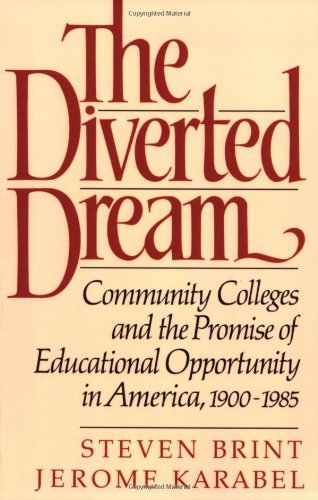
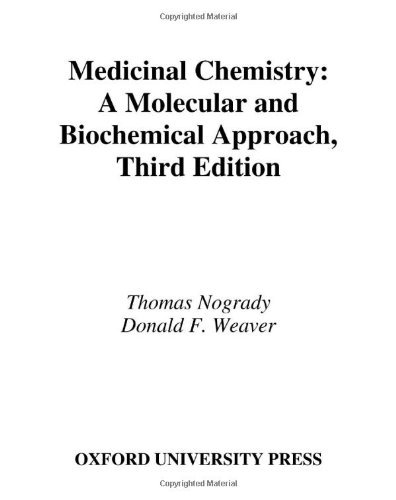
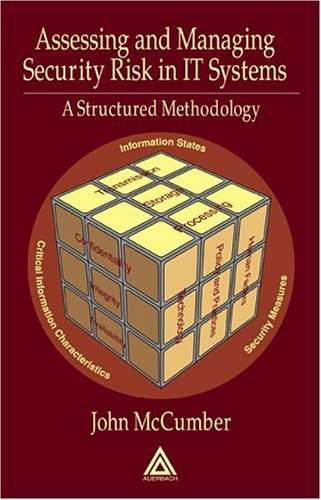
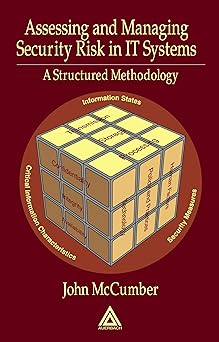

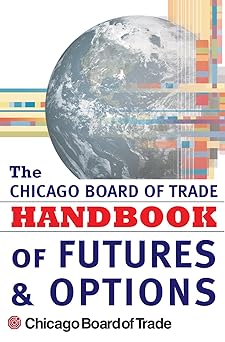
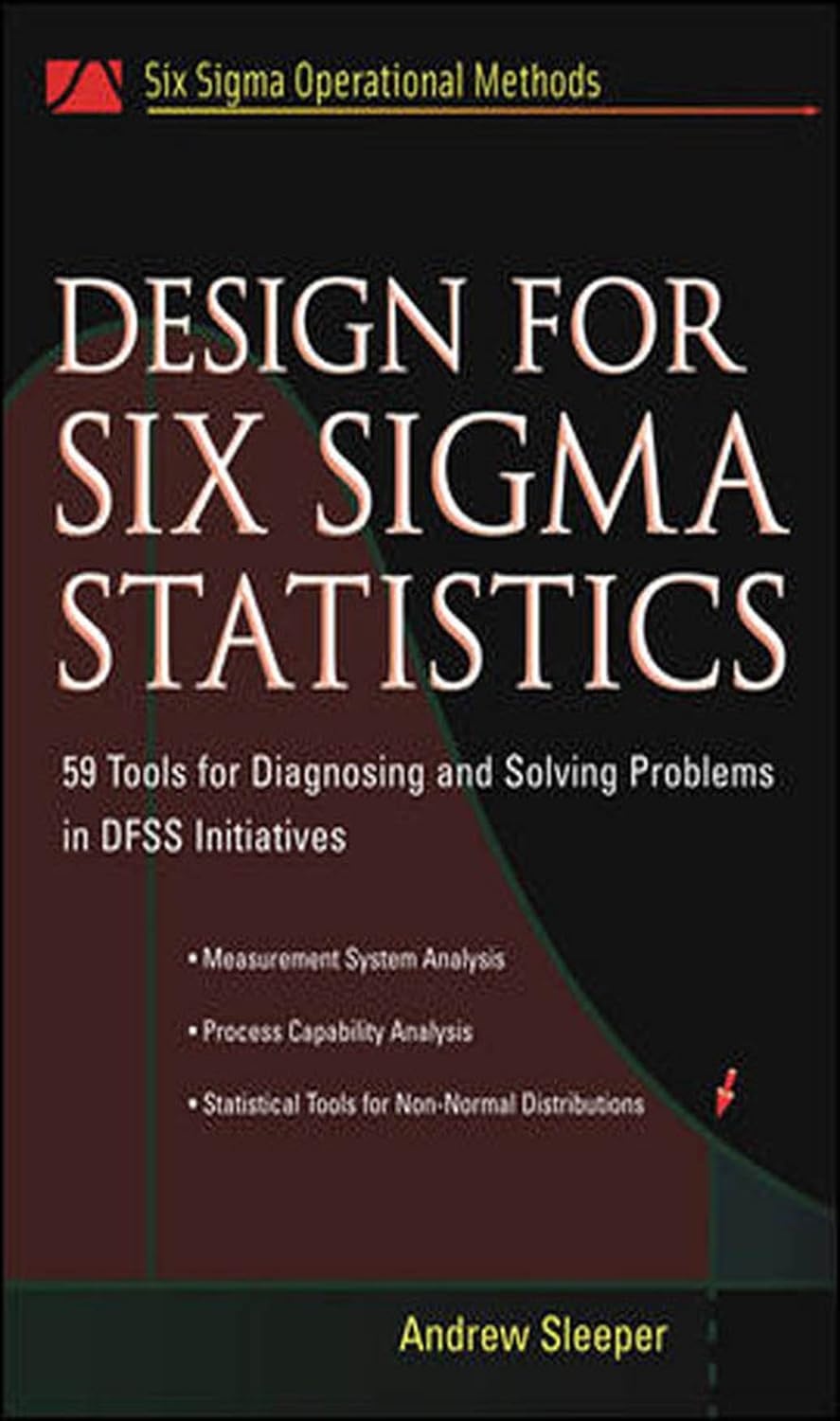
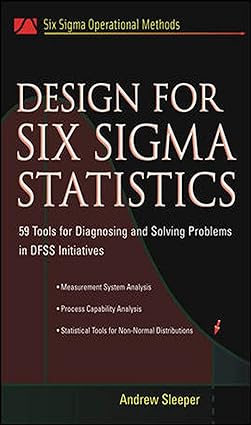
_jqegejqbka.jpg)
_d6yhvb7jjx.jpg)
